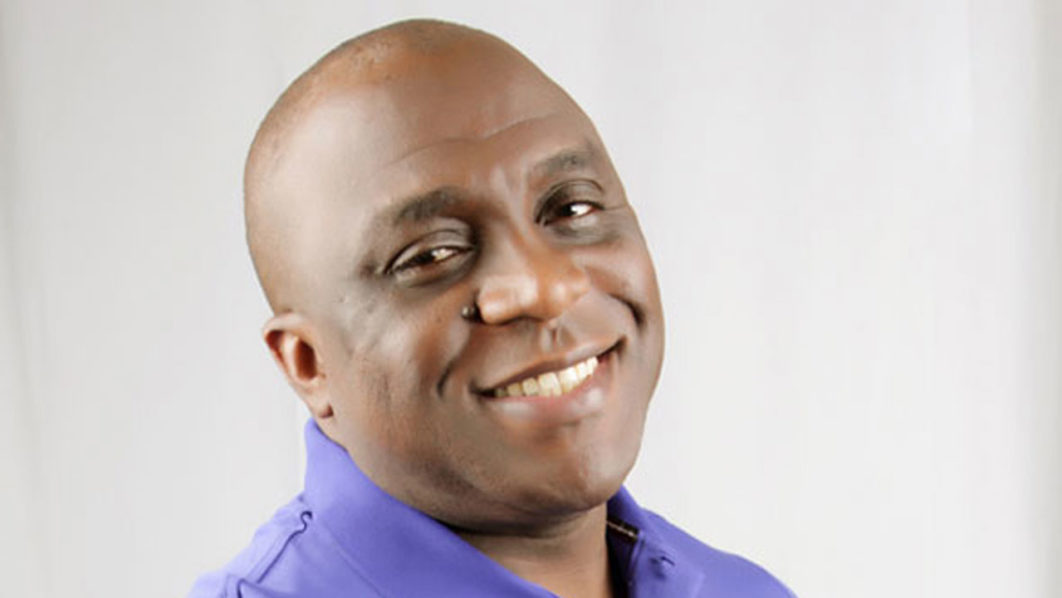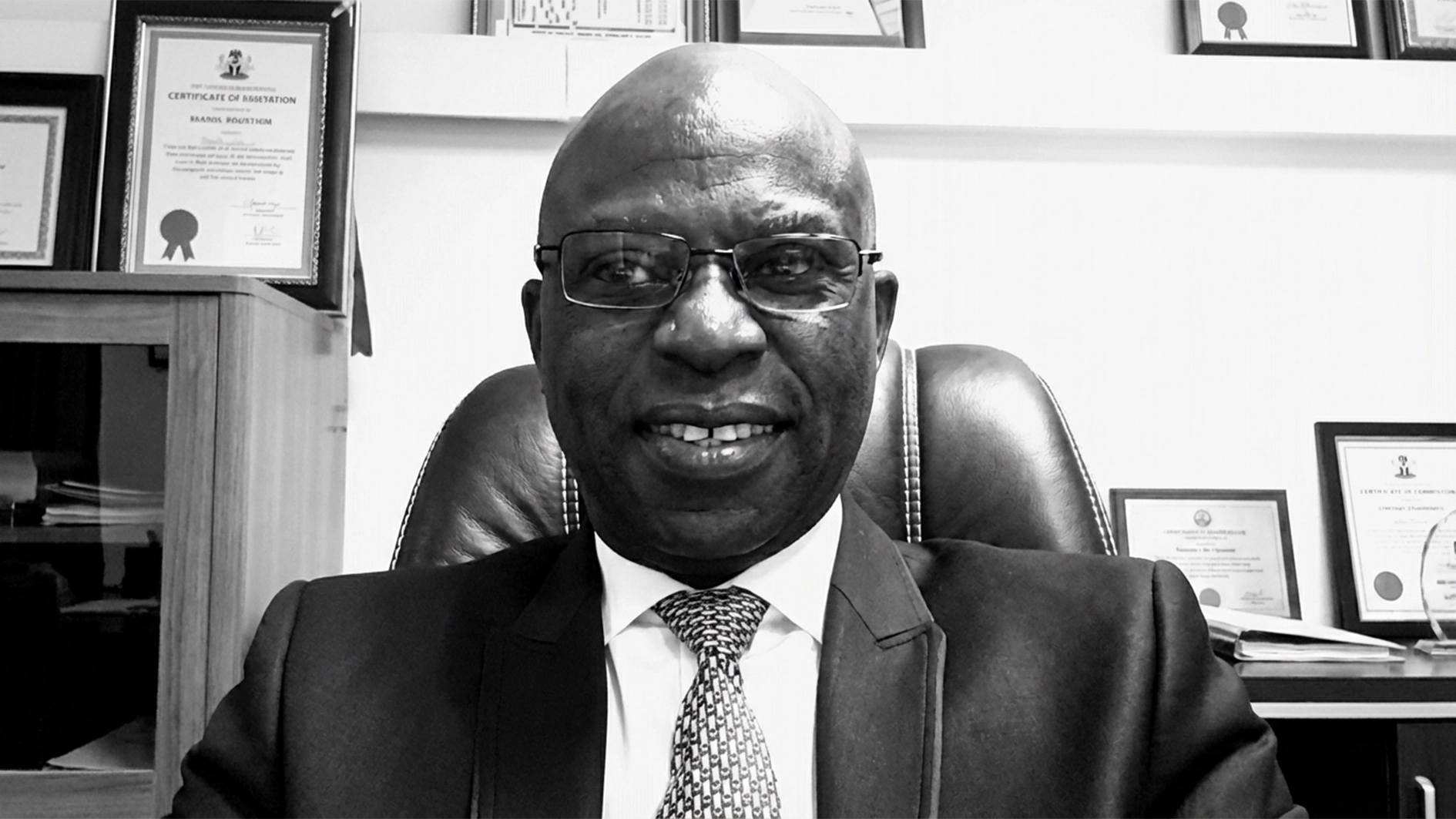
Founder of United Nigeria Airlines, Prof. Obiora Okonkwo,as again bemoaned the era of multiple charges, describing it as an albatross on the survival of indigenous carriers.
Okonkwo, at the fourth anniversary of the domestic carrier, said the lingering burden has continued to overshadow positive impacts of the government’s support for the air transport sector.
Okonkwo though commended the forex policy of the current administration, he said much more interventions are needed, if the sector must live up to its economic potential.
The multiple charges complaints are not new. The Guardian in 2021 reported that local airlines were having very slim chances of survival under the regime of multiple taxes numbering 35.
According to airlines, the charges account for between 38 and 65 per cent of revenue accruable to operators. Reports had then ranked Nigeria as the eighth most expensive aviation country in Africa – only behind Niger, Liberia, Guinea Bissau, Senegal, Bangui, Sierra Leone, and Republic of Congo.
Among the charges are: Value Added Tax (VAT), Passenger Service Charge per ticket on local route, Charter Sales Charge, Aircraft Inspection Fees, Simulator Inspection Fees, Landing Charges, Parking Charges and Terminal Navigation Charge.
Others are: En route Charge, Fuel Surcharge, Airport Space Rent, Electricity Charges, Apron Pass, ODC, Registration Fee, Service Recovery Charge, Processing Fee, Avio Bridge, Aircraft Registration and Processing Fee.
The airlines also pay Toll Gate Fee, VIP Lounge, Trolley Service, Clearance Fee, Check-In Counter Charge, Courier/Tarmac/Pre-Release charges, Import Charge (Dom), Export Charge (Dom), Import Royalty, Export Royalty, Ports Charge, Exports Charge, Transshipment, and Concession Fee.
Apparently uneasy by the lingering burden, Okonkwo said it was important for the government to create a window for airlines to access funds at a reduced rate and also reduce multiple charges. He said: “They need to cut down on the charges the operators pay to different agencies of government, in all they are about 20.
“The margin of this business is very low and if you have to meet all those charges to NCAA, NAMA, FAAN, and others, you are left with nothing. It’s affecting us; we need to have more money to be able to develop, expand and then also improve the working environment for our staff.
“Government must realise that access to credit is very important to us operators because we are competing with people who have access to loans at three to five per cent interest rates. Yet, aviation is a global village and we can’t compete with them.”
He, however, said the forex policy of President Bola Ahmed Tinubu had been of tremendous advantage to the airline industry, adding that the domestication of the Cape Town Convention helped to reduce cost of operations in the industry.
Also speaking, Executive Director and Chief Operating Officer of the Airline, Osita Okonkwo, said the airline had opened more routes nationwide, in line with its expansion strategy. He added that its fleet expansion drive has yielded acquisition of some new planes while the airline plans to operate to 25 destinations by 2026.






